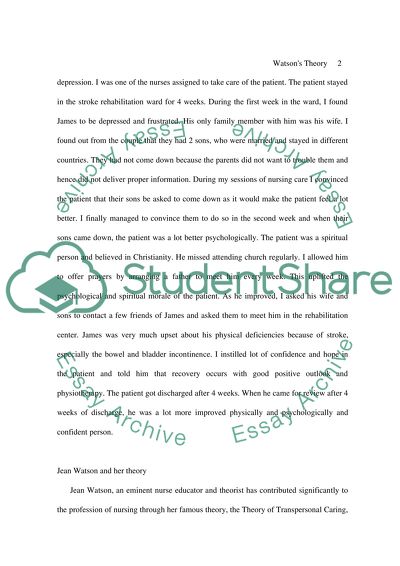Cite this document
(“Theory of Human Caring Essay Example | Topics and Well Written Essays - 1750 words”, n.d.)
Retrieved from https://studentshare.org/environmental-studies/1405459-theory-of-human-caring
Retrieved from https://studentshare.org/environmental-studies/1405459-theory-of-human-caring
(Theory of Human Caring Essay Example | Topics and Well Written Essays - 1750 Words)
https://studentshare.org/environmental-studies/1405459-theory-of-human-caring.
https://studentshare.org/environmental-studies/1405459-theory-of-human-caring.
“Theory of Human Caring Essay Example | Topics and Well Written Essays - 1750 Words”, n.d. https://studentshare.org/environmental-studies/1405459-theory-of-human-caring.


